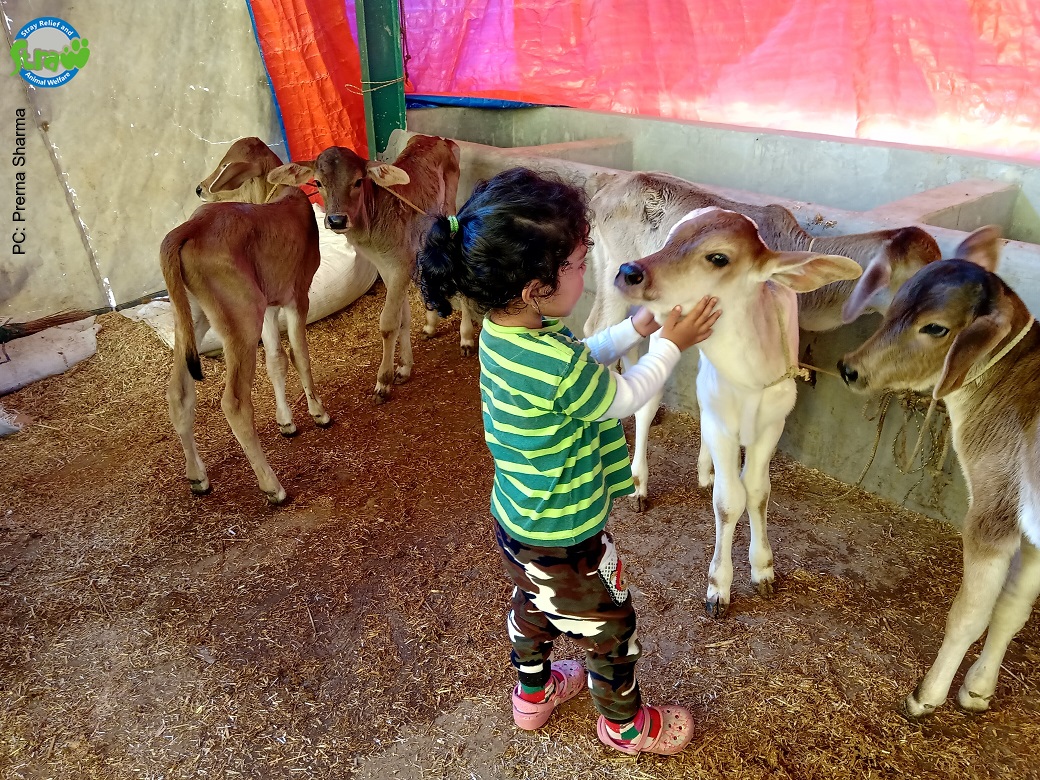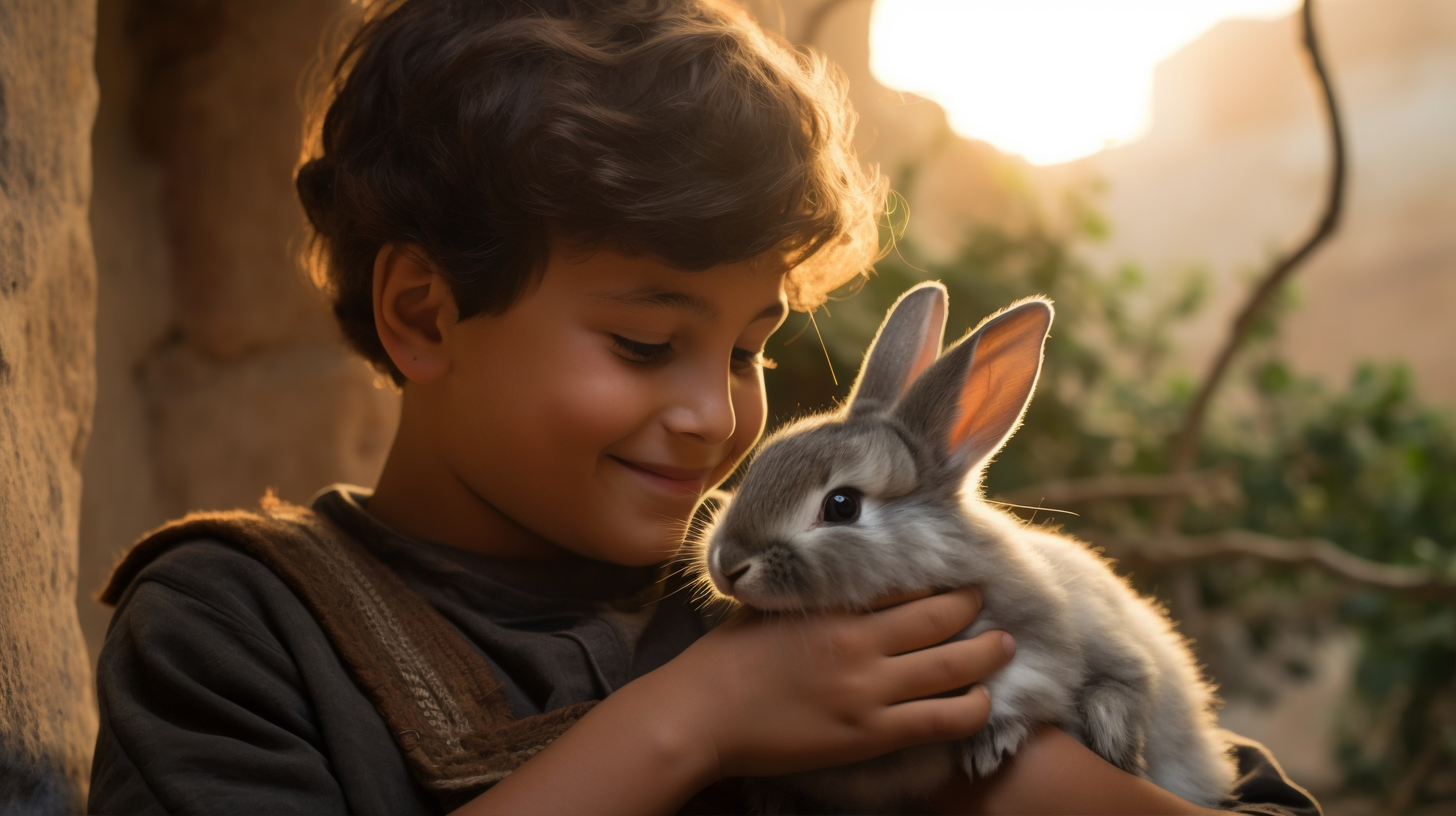“Teaching children to be kinder to animals today is our only hope for a kinder world tomorrow.”- Victoria Knott
If our children extend compassion and be considerate towards all life forms, we as parents couldn’t be happier and prouder. Kindness also develops empathy in our children. If our children learn to care about animals, they will learn to protect them and their habitat. We should introduce our children to animals in their foundation years of life itself and then take this bond forward.

If we have a pet at home, then we can involve our children in their routine chores like feeding, grooming, playing, understanding their behavior, body language, and soothing the signs of distress. According to a report published by Medical News Today, many studies have shown how our pets keep us happier and healthier. Our children will learn to love, care, and share. But if we do not have pets at home, we can still inculcate these values easily in our children because the environment around us has unlimited opportunities for it. Our children learn from their parents, peers, and nature.
Here are a few of my suggestions that will help you to teach your children to be kind towards animals:
- Read storybooks or tell them stories about animals and their wonderful world.
- Show them short informative or light-hearted videos about animals and their interactions.
- Take them for a walk outdoors; show them birds, ants, spiders and other insects, butterflies, dogs, cats, cows, etc., that co-exist with us.
- Put feeders and water bowls for animals living in our society and let children refill them. Children can also help us provide or make a shelter for these pets.
- Visit an animal shelter or volunteer at an animal sanctuary or wildlife rehabilitation center, with our children.
- For a holiday with children visit national parks and reserves to observe and appreciate animals in their natural environment.
- Teach children about animals and their needs by engaging them in pretend plays that are fun too.
- Contact your local animal helpline numbers or rescuers if we find any sick or injured animal.
- Create more memories (for instance, create photo albums) with nature and animals. This will go a long way in our children’s life.
- Take your children close to an animal (someone’s pet, stray animal, animal on a farm, etc.) and let them interact with them under our supervision. Make sure that your children are gentle and have maintained a safe distance from the animal.
- If we find our children ill-treating an animal, we need to stop them immediately and explain to them tenderly why it is wrong. Such acts shouldn’t be encouraged at all. Similarly, it is equally important to appreciate our children when they are gentle, careful, and show concern towards animals and nature around them.
- Last but not the least, we should discourage our children from watching animals that are used for entertainment. Most animals are trained through negative enforcements. Animals are made to do things that are not natural to them and hence it is against their welfare. These animals do not have freedom to perform their natural behaviors. They live a life of isolation from their own species and are deprived of their natural habitat. These animals undergo cruel training from a noticeably young age. We do not want our children to witness this or become a contributor to their misery. We need to educate our children about this reality with an age-appropriate explanation.
“It takes nothing away from a human to be kind to an animal.”-Joaquin Phoenix

Author: Prerna Sharma
Prerna Sharma is a Wildlife Biologist. Animal welfare and animal conservation make up her passion and identity.